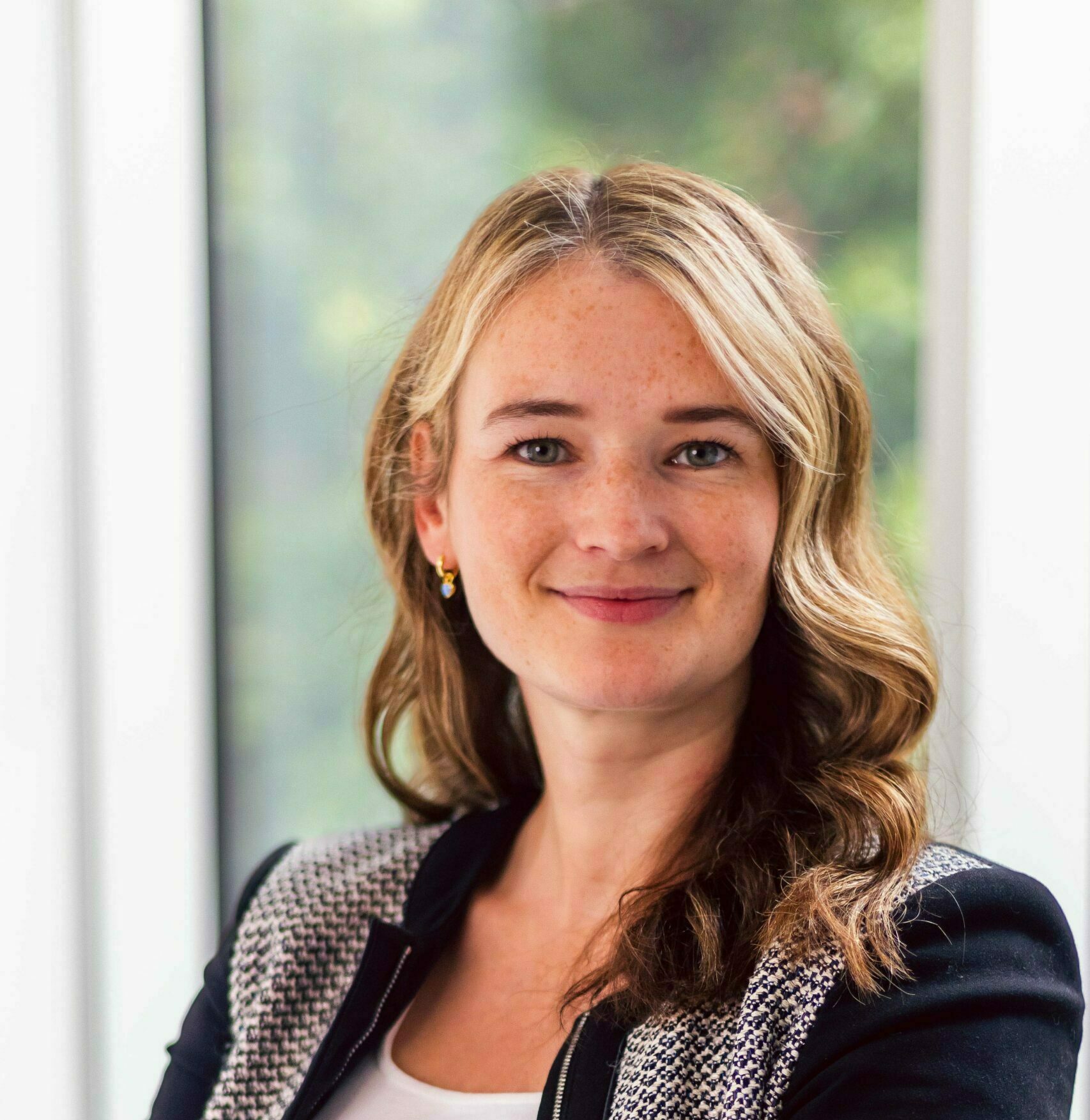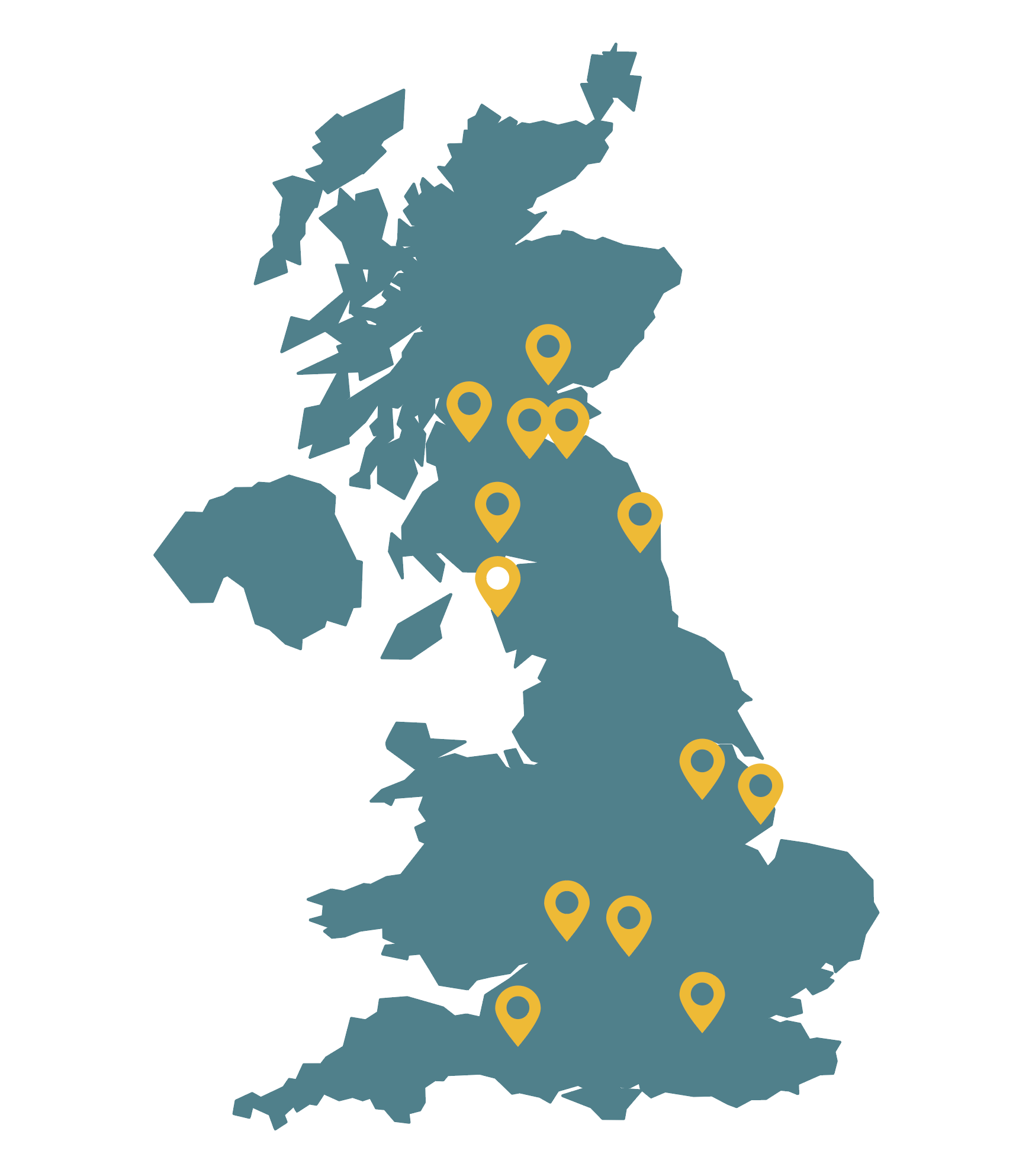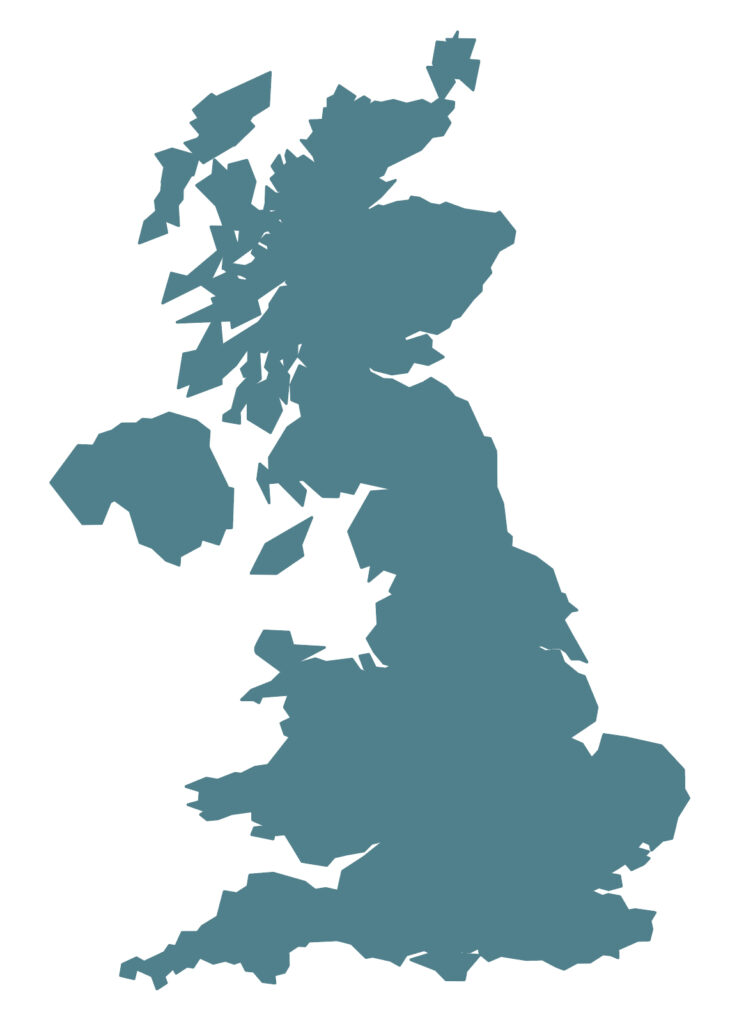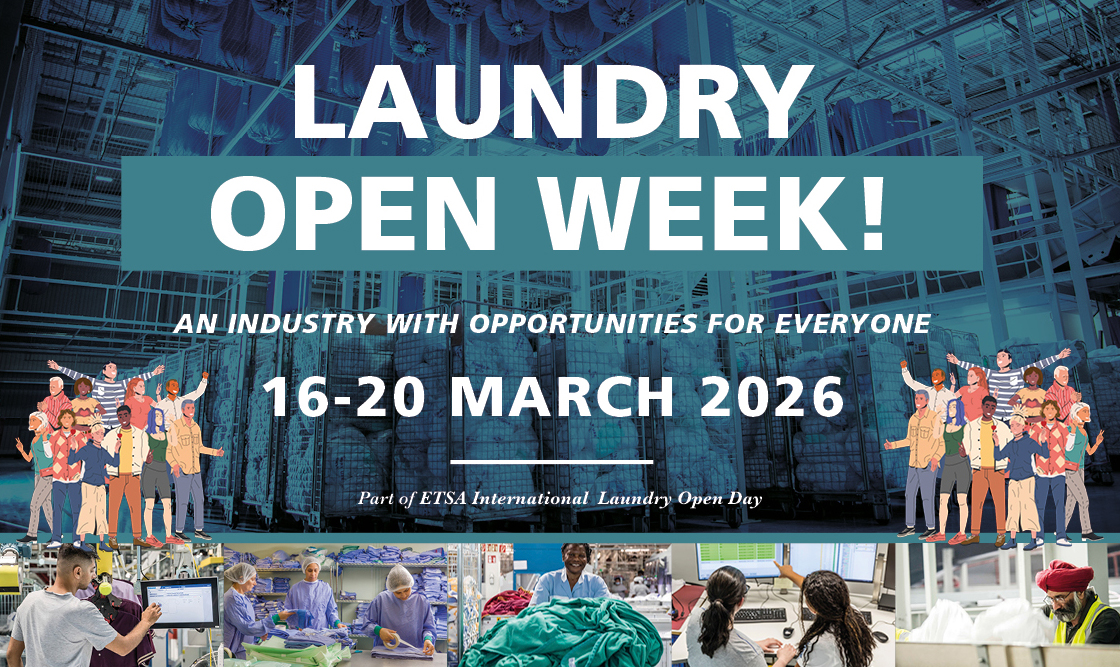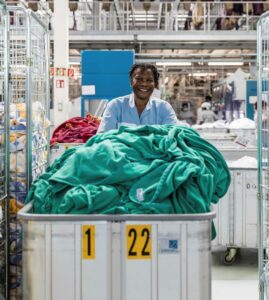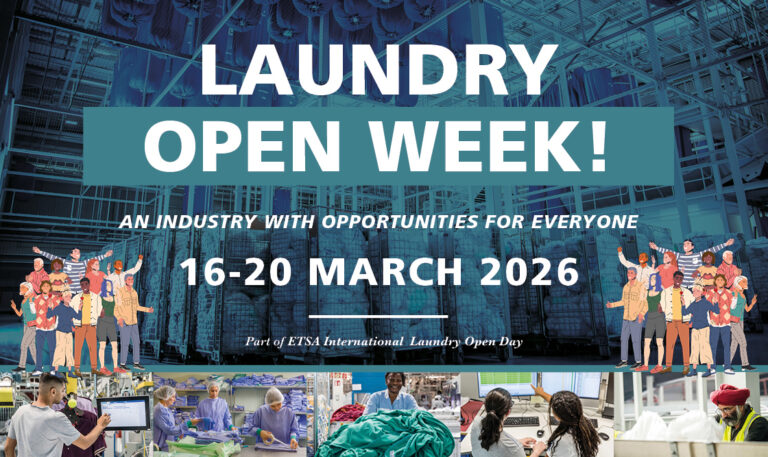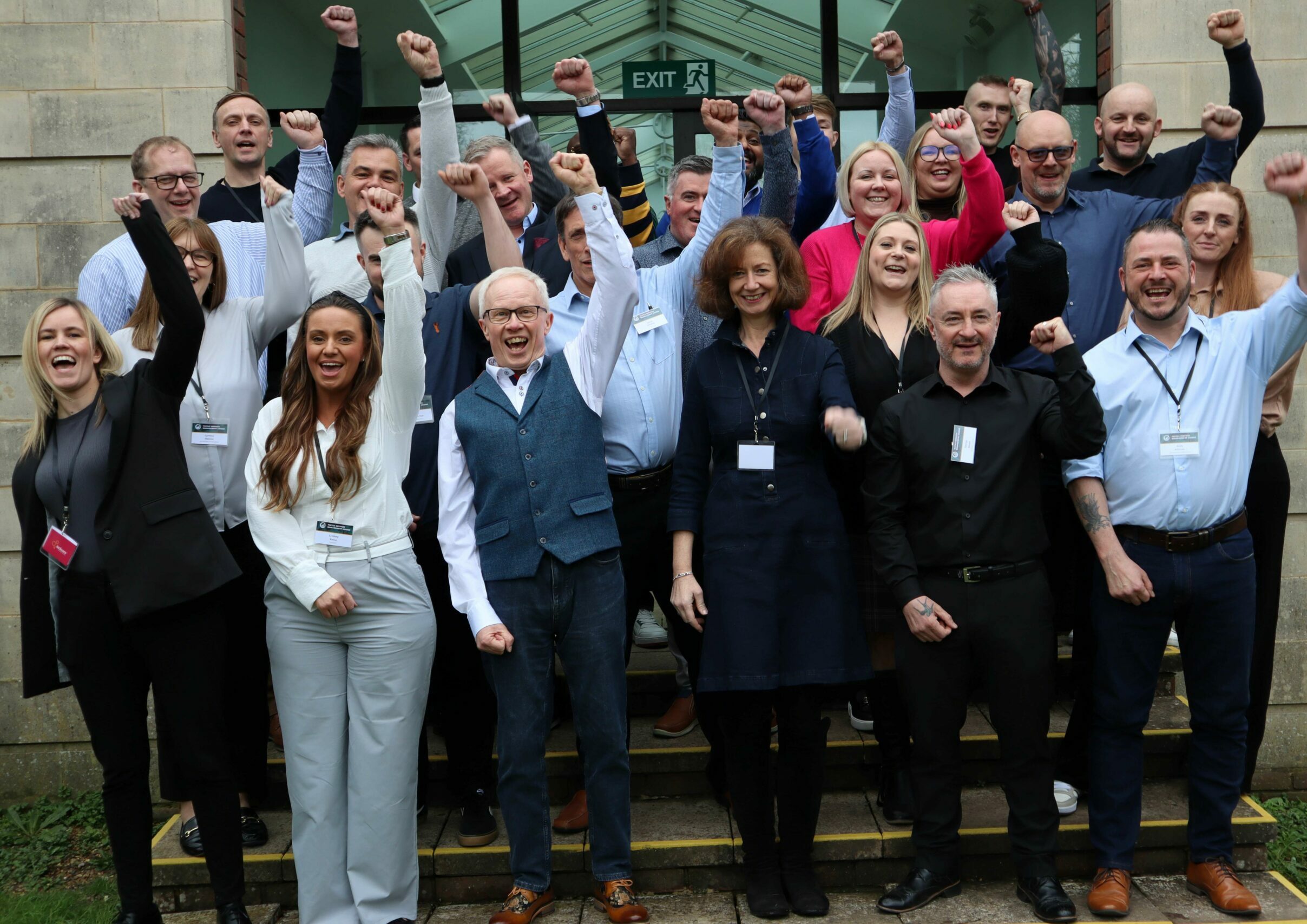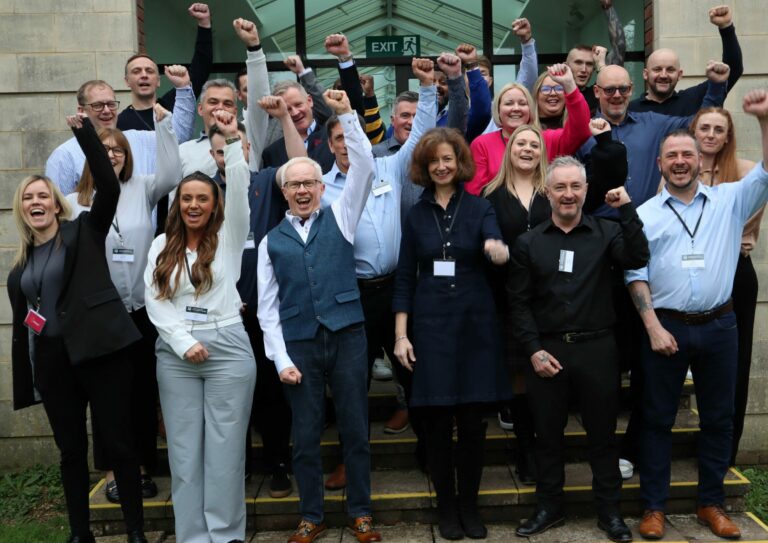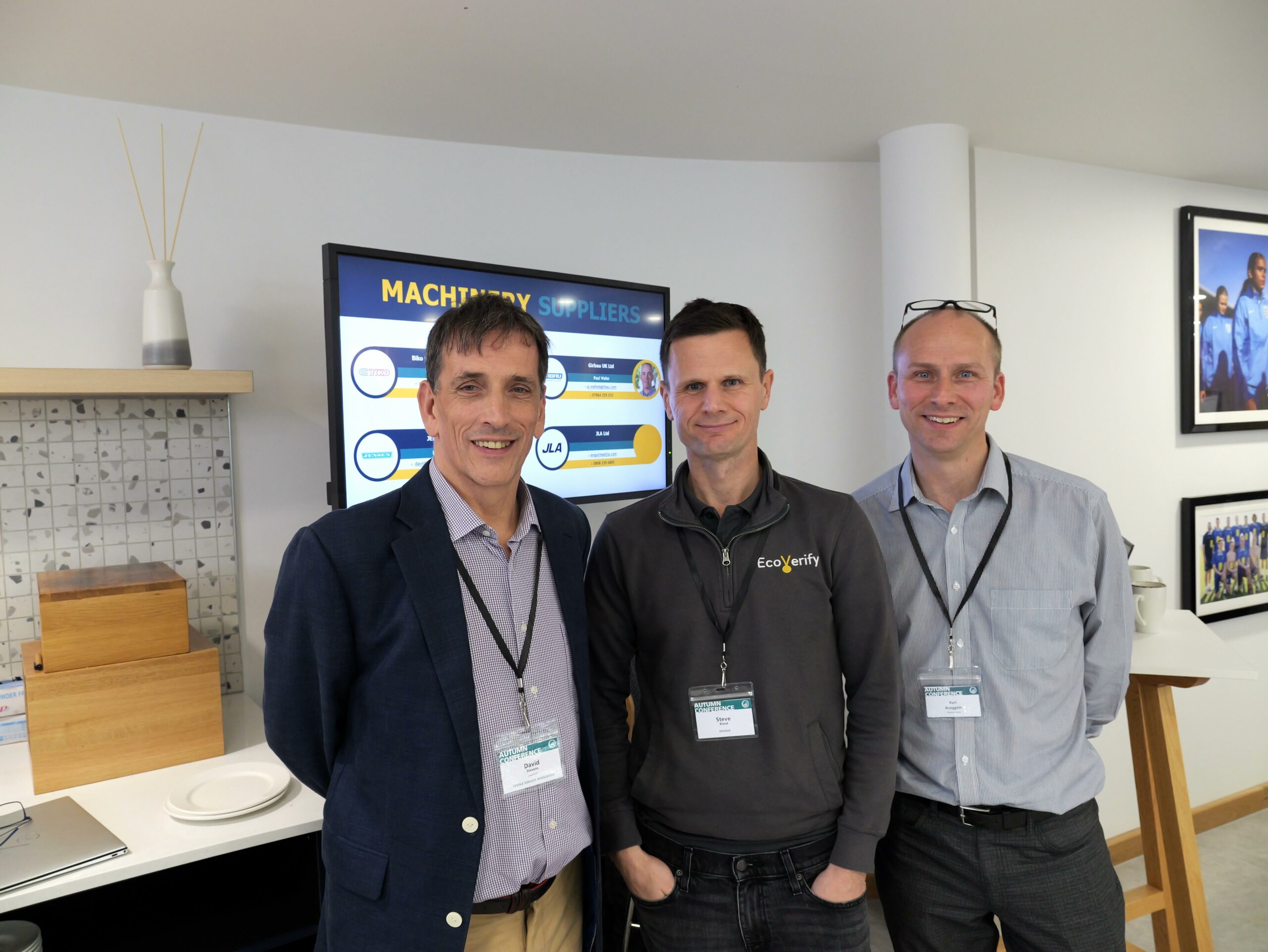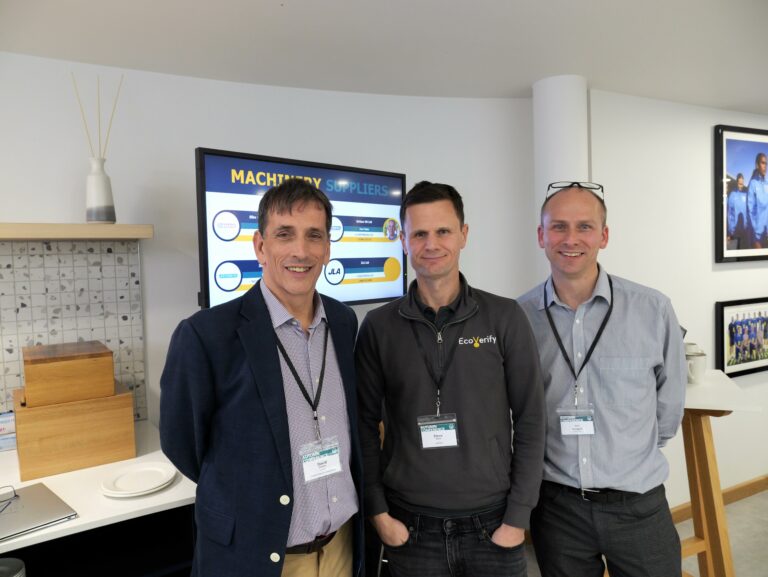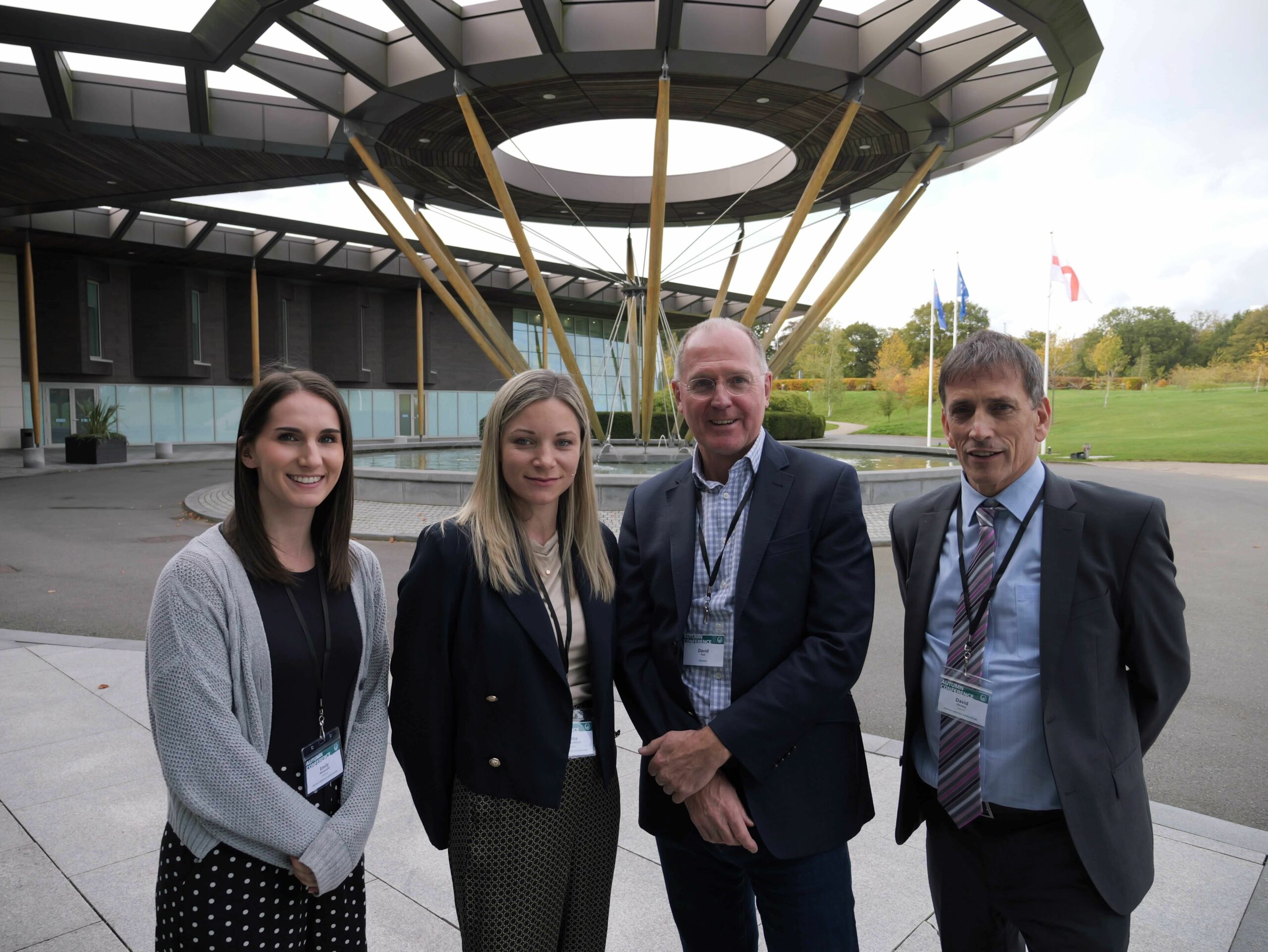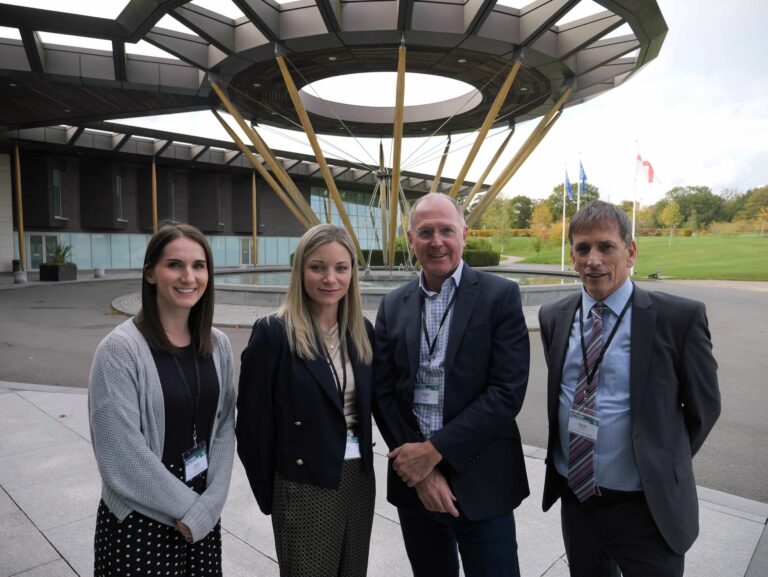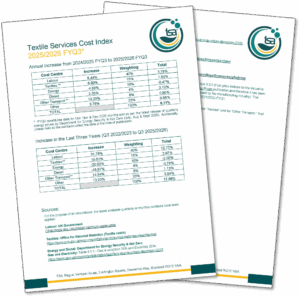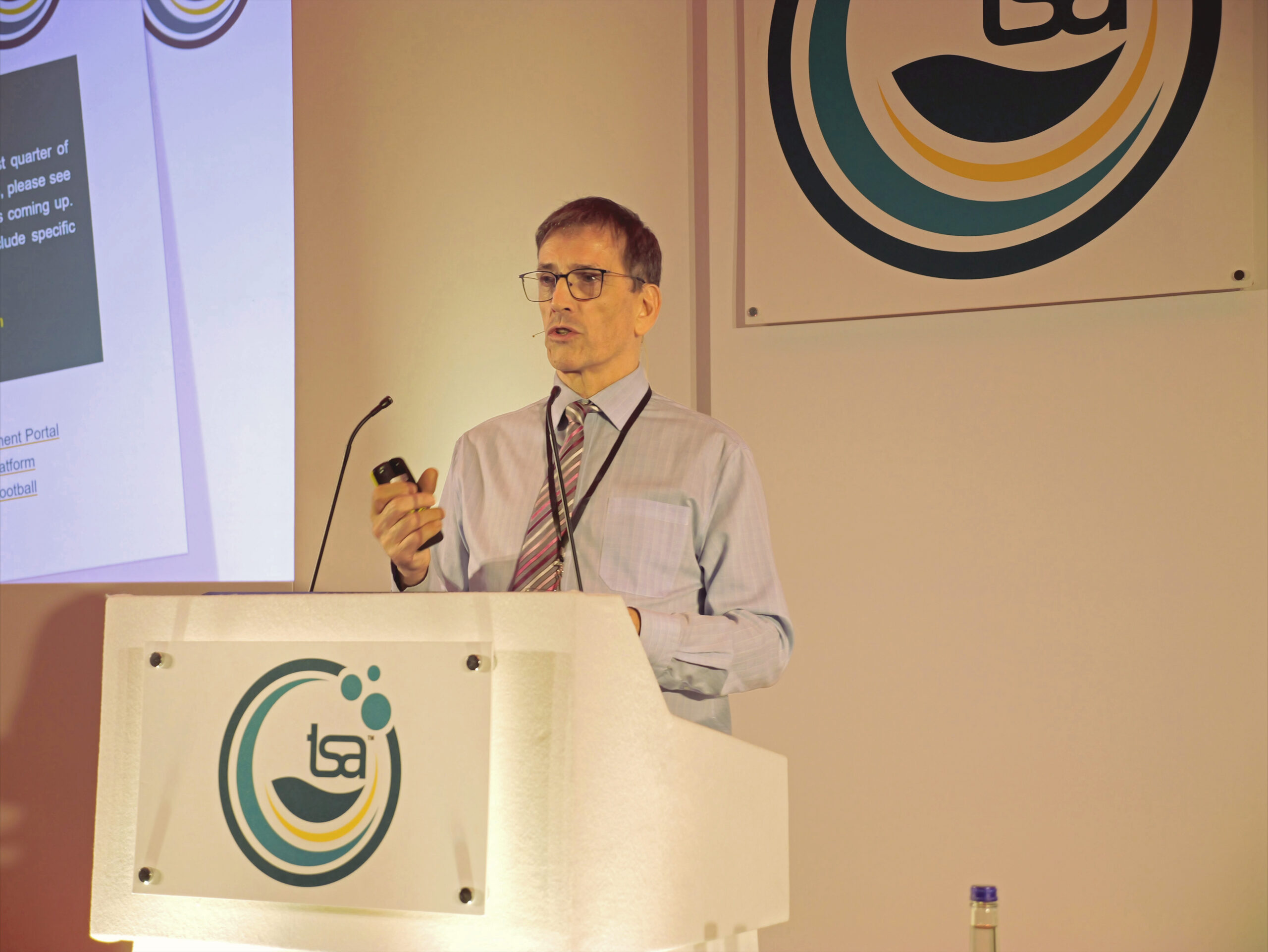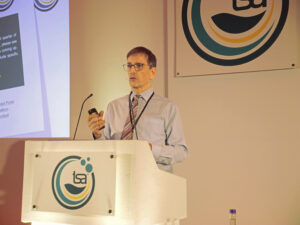Registered laundries can save over £60,000 per year – AND help protect the environment
The Textile Services Association (TSA) has welcomed the new Climate Change Agreement (CCA), which comes into force in 2026. Like its predecessor, the new CCA scheme offers significant discounts on the Climate Change Levy (CCLevy) – for a typical laundry, this can amount to savings of up to 20% on its energy costs. The discounts are based on the site’s success in meeting energy and carbon reduction targets.
Laundries who are already in the CCA scheme and undertaking the eligible process will be automatically transferred to the new one, which started on 1st January 2026, at no extra cost. However, there’s only a short window for those new to the scheme to sign up – they have until August 2026 to enter the first new entrant window, by which time applications must be processed.
The Environment Agency administers the CCA scheme on behalf of the Department for Energy Security and Net Zero (DESNZ), working with trade associations (like the TSA) who run the scheme within their sector. The umbrella agreement held by the TSA is open to both members and non-members, with members receiving a 50% discount on the CCA fees. Typical savings for laundries in the scheme range from over £9,000 per year for micro sites to over £60,000 per year on average for large laundries.
TSA appointed Jacobs, a consultancy company specialising in CCA compliance, to administer the scheme on its behalf. Jacobs can offer advice and guidance to companies wanting to join. The association also runs training webinars, in partnership with Jacobs, to help laundries get the best results from the scheme.
The TSA is urging any companies thinking of joining the 2026 scheme to act quickly and contact the Jacobs CCA helpline team, on 0161 235 2498 or by email at cclevy@jacobs.com.
“We believe that being part of the CCA scheme is the right choice for every UK commercial laundry,” says Emma Kiviniemi Wilson, the TSA’s managing director. “It is helping us to build a more sustainable industry, and it’s giving laundries significant cost savings. That’s why over 140 laundry sites are already signed up to the scheme.”
The TSA joined the CCA scheme back in 2010 and since then the laundry industry has made huge strides forward in reducing energy consumption and carbon emissions, as confirmed in the sector’s biennial report results. Since the most recent scheme began, in 2013, over 115 operators, covering more than 140 sites, have been part of the TSA’s CCA agreement. Over this period, the sector has exceeded the majority of government‑set energy reduction targets, collectively saving more than £39 million on electricity and gas bills.
Siobhán Gibbons, Jacobs operations director, says, “The TSA continues to demonstrate an exceptional level of engagement and ambition when it comes to energy efficiency and carbon reduction. TSA members have consistently shown that they are not only meeting the requirements of the CCA scheme but actively pushing beyond them. It is a powerful example of a sector taking real ownership of its responsibilities and working collectively to raise standards and drive long‑term decarbonisation.”
“The figures are truly inspiring,” says Kiviniemi Wilson. “However, we can’t rest on our laurels – that’s why it’s important for laundries to sign up for the new CCA scheme.”
For the 2026 CCA scheme, the TSA and Jacobs have been working with the Environment Agency to agree targets which are both practically viable and ambitious. The targets agreed are set at a 6.5% reduction by the end of 2026, 9.75% by the end of 2028, and 13% by the end of 2030, the current scheme then ends in March 2033. The reduction targets are relative against a 2022 baseline– and apply to individual sites, as opposed to site groupings.
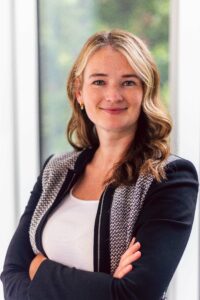
For more information about the CCA scheme for the laundry industry contact the Jacobs CCA helpline team directly, on 0161 235 2498 or by email at cclevy@jacobs.com.
If you have any queries, please do not hesitate to get in touch with us either via email or phone:
T +44 (0) 20 3151 5600
